Governer’s interview
~Looking ahead to the G7 Hiroshima Summit~
The G7 Summit will be held in Hiroshima for three days, from May 19 to 21, 2023. As the eyes of the world turn to Hiroshima, the Hiroshima Organization for Global Peace (HOPe) interviewed Hiroshima Prefecture Governor and HOPe President Hidehiko Yuzaki in order to share the governor’s thoughts and expectations for international society regarding a peaceful world free from nuclear weapons. The interview was conducted by Annelise Giseburt, an American (the U.S. is a G7 member) who has experience working for peace with Hiroshima’s civil society.
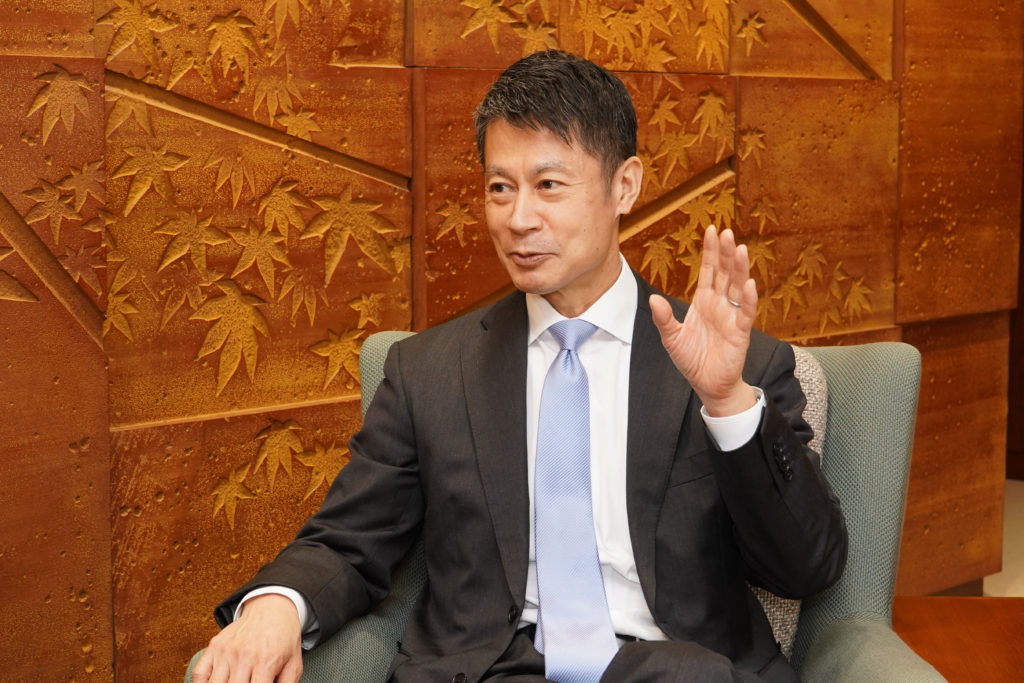
Profile:Hiroshima Prefecture Governor
Name: Hidehiko Yuzaki
Hometown: Saeki Ward, Hiroshima City, Hiroshima Prefecture
Before becoming governor, Mr. Yuzaki served in the Ministry of International Trade and Industry (now the Ministry of Economy, Trade and Industry) and established the company ACCA Networks, where he served as representative director and vice president. After leaving the company, he assume the post of Hiroshima Prefecture Governor in November 2009 and is currently serving his fourth term. He established the Hiroshima Organization for Global Peace (HOPe) in 2021 and serves as its president.
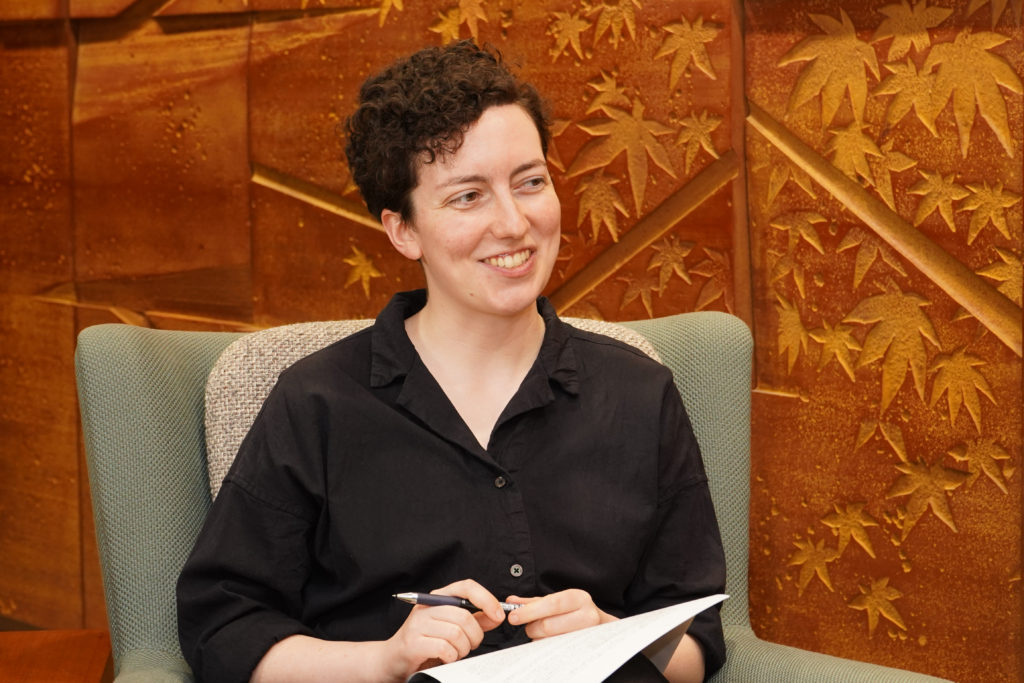
Profile: Interviewer
Name: Annelise Giseburt
Hometown: Seattle, U.S.
Annelise lived in Hiroshima from 2016 to 2021, during which time she complete a two-year internship with the United Nations Institute for Training and Research (UNITAR) Hiroshima Office* and the nonprofit ANT-Hiroshima.** She currently lives in Tokyo and works as a journalist while continuing to participate in Hiroshima’s peace-related initiatives.
*Click here for more information on the UNITAR Hiroshima Office.
**Click here for more information on ANT-Hiroshima.
Annelise
Holding the G7 Summit in the A-bombed city of Hiroshima is meaningful in terms of sharing the horrors of nuclear weapons with the world. Governor Yuzaki, what meaning do you see in the Hiroshima Summit?
Governor Yuzaki
Russia has invaded Ukraine and is threatening to use nuclear weapons. As the site of the first atomic bomb used in war, Hiroshima is able to send two messages: first, that the use of force leads to nuclear weapons, as well as just how inhumane these weapons are; and second, how peace can lead to great prosperity. I hope the G7 leaders will truly recognize these things, make a strong commitment to restoring peace, and send a message of peace to the world. I think it’s extremely significant that the G7 summit is being held in Hiroshima from the perspective of connecting the current state of nuclear weapons in the world with a place that has actually experienced their use.
Hiroshima does not only contain the history of the atomic bombing and subsequent recovery. The city’s local government organizations, civil society groups, and educational institutions currently implement various initiatives for peace, including sharing and passing on testimonies of the atomic bombing, peace education, and various kinds of research. I next asked Governor Yuzaki about Hiroshima Prefecture’s initiatives.
Annelise
What kind of initiatives related to peace are you implementing?
Governor Yuzaki
Hiroshima Prefecture has three main pillars in our initiatives for nuclear abolition.
The first is the basic framework for nuclear nonproliferation and nuclear disarmament centered on the Treaty on the Non-Proliferation of Nuclear Weapons (NPT, *1). It’s an approach based on both sides of national security. The NPT is a very important framework for nuclear disarmament, and I think it is very important for the participating countries to fulfill their obligations and push for the abolition of nuclear weapons. In that sense, Hiroshima Prefecture participates in the NPT conferences and will continue to advocate for the need for nuclear abolition. However, that alone is not enough. The idea of security through nuclear deterrence is the basis for a number of countries’ security policies, so we would like to research and propose security frameworks that do not rely on nuclear weapons. we need something that both nuclear weapons states and non-nuclear weapons states can agree on, so Hiroshima Prefecture is working with international research organizations on this initiative (*2).
The second is about the humanitarian impacts of nuclear weapons. The Treaty on the Prohibition of Nuclear Weapons (TPNW, *3) is one concrete result of an international focus on these aspects. For many people, when they visit Hiroshima or Nagasaki, they see and feel in their hearts the real impacts of the atomic bombings; I think this is extremely important.
The third is the perspective of sustainability. We want people to view nuclear weapons issues as a sustainability issue for the Earth and humanity, and we are aiming to have nuclear abolition be included in the United Nations’ next development goals (*4) and to work alongside those trying to find solutions for global issues such as climate change, hunger, and pandemics.
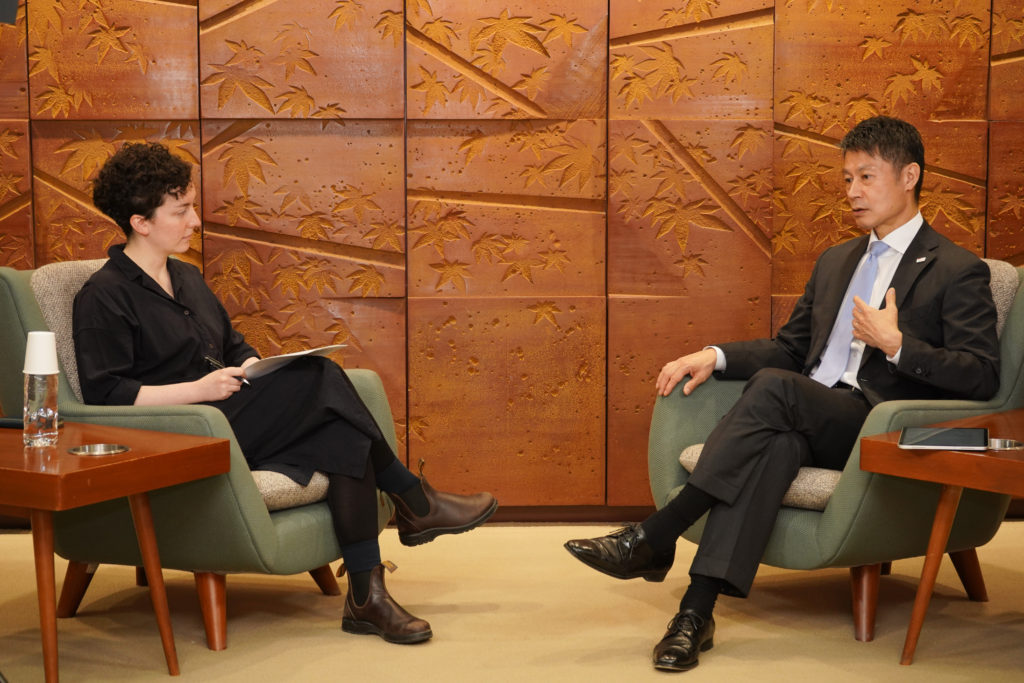
I too have participated in activities for peace and nuclear abolition in Hiroshima. I completed a two-year internship at the UNITAR Hiroshima Office and ANT-Hiroshima. At ANT-Hiroshima in particular, I learned about trees that survived the atomic bombing and gave tours of these trees to visitors. Currently, I am the facilitator for a youth education program about nuclear weapons called the Hiroshima-ICAN Academy (*5), and I translate documents for Japanese civil society organizations involved in nuclear abolition work as well.
What originally sparked my interest in Hiroshima was a trip there during my third year of university. Visiting Hiroshima’s Peace Memorial Museum and Peace Memorial Park was quite shocking for me. As an American, I felt that Hiroshima’s history of the atomic bombing was also part of the history of my country, and I wanted to learn more. Moving to Hiroshima after graduating from university gave me the opportunity to learn about the atomic bombing in depth, and, during that process, my interest widened to the larger history of nuclear weapons and the nuclear abolition movement as well. Another reason behind my move was that Hiroshima had left a very positive impression on me during my initial visit: It’s a city full of delicious food and surrounded by beautiful nature. Although I now live in Tokyo, I still feel connected to Hiroshima.
As someone who has participated in activities for peace and nuclear abolition, I too have strong feelings about the G7 Summit being held in Hiroshima. Next, I asked Governor Yuzaki about what kind of impact the summit might have for international peace.
Annelise
Leaders from the G7 countries will be visiting Hiroshima for the summit. What kind of expectations do you have for them?
Governor Yuzaki
In Hiroshima, I hope they will feel in their hearts the reality of the atomic bombing. I have heard from many people that actually coming to Hiroshima is very impactful — that it pierces their hearts. Whether they think about the war in Ukraine or about nuclear abolition, when they think about world peace, I hope they will ground their thinking in the very primitive feeling that Hiroshima conveys. When it comes to nuclear deterrence in particular, most leaders think quite theoretically. It’s like a fiction, a simulation: “How many ICBMs [intercontinental ballistic missiles] do we need?” “How many SLBMs
Governor Yuzaki
In Hiroshima, I hope they will feel in their hearts the reality of the atomic bombing. I have heard from many people that actually coming to Hiroshima is very impactful — that it pierces their hearts. Whether they think about the war in Ukraine or about nuclear abolition, when they think about world peace, I hope they will ground their thinking in the very primitive feeling that Hiroshima conveys. When it comes to nuclear deterrence in particular, most leaders think quite theoretically. It’s like a fiction, a simulation: “How many ICBMs [intercontinental ballistic missiles] do we need?” “How many SLBMs [submarine-launched ballistic missiles]?” “How can we take out the enemy’s nuclear missile silos?”
Annelise
It’s not grounded in reality.
Governor Yuzaki
Exactly. But this is what many people call reality, and they believe in deterrence theory because they think that rational leaders will never decide to actually use nuclear weapons. However, the actual reality is what happened in Hiroshima and Nagasaki. Although it may be difficult for the nuclear powers to suddenly give up their weapons, I hope the G7 leaders think seriously about what they should be doing together to achieve nuclear abolition, to strongly commit to restoring peace, and to share that message with the world.
As for me, I hope that the G7 leaders and others visiting Hiroshima for the summit will use it as an opportunity to remind themselves of the humanitarian impacts of nuclear weapons and to face not only the damage in Hiroshima and Nagasaki but the impacts of radiation from nuclear testing and other nuclear industries on people and the environment around the world. In addition, I hope they learn from the examples set by countries that have given up nuclear weapons in the past, those in nuclear-weapons-free zones, and those which have ratified the Treaty on the Prohibition of Nuclear Weapons.
However, it’s not only nations with great economic or military power like the G7 that can change the world. Young people, who will lead the world going forward, also have a major role to play.
Annelise
What expectations do you have for young people around the world?
Governor Yuzaki
Young people are always the ones who will lead the world into the next era. As the risk of nuclear weapons being used increases, I hope that young people recognize nuclear weapons issues as something as imminent as climate change. The actions of young people have made a really major impact when it comes to addressing climate change. Although it might not seems that your actions have an immediate impact on national governments or international society, everyone needs to work together in order to solve these problems. Your action alone might not make a change, but nothing will change if you don’t act. Nuclear weapons issues might seem unrelated to your daily life, like they are happening in a distant world, but you will still suffer if they are used. And not only you: It will have a major impact on many future generations. I hope that young people will link nuclear weapons issues with other issues the world faces and work to solve them.
Annelise
Finally, do you have a message for the readers about creating a peaceful world?
Governor Yuzaki
It relates to what I was speaking about earlier. The world is currently facing various challenges, such as climate change, hunger, and poverty. I hope readers recognize that nuclear weapons are one such challenge, and a really major one at that. Everyone, around the world, must work together to solve these challenges facing humanity. Let’s use the G7 Hiroshima Summit as an opportunity to take a step forward together for peace, and let’s work together to create a peaceful world.
As we watch the G7 Hiroshima Summit unfold, let’s think what we can do together to achieve a peaceful, sustainable world free from nuclear weapons. And, if you have the opportunity, please do visit Hiroshima one day.
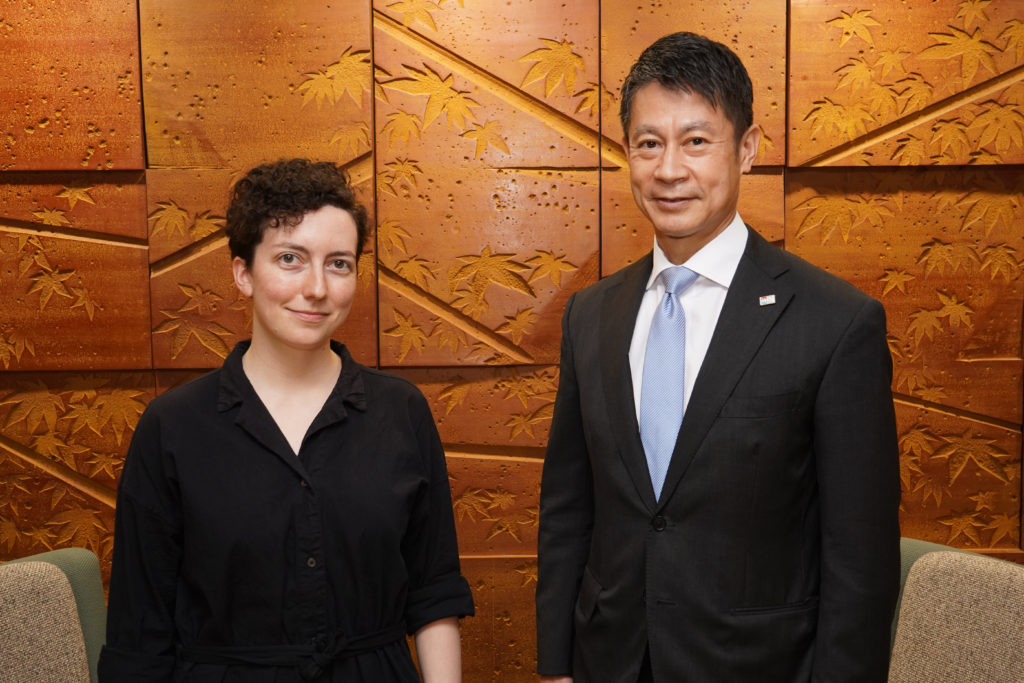
(*1) Treaty on the Non-Proliferation of Nuclear Weapons (NPT)
During the Cold War, as an increasing number of countries sought to acquire new nuclear weapons or had the potential to produce them, the NPT was established with the idea that preventing the proliferation of nuclear weapons was the first step toward their abolition. It is the cornerstone of the nuclear nonproliferation regime, which is based on the three pillars of nuclear nonproliferation, nuclear disarmament, and the peaceful use of nuclear energy. As of February 2023, 191 countries and regions are parties to the NPT; India, Pakistan, Israel, and South Sudan are not parties to the treaty.
(*2) Collaborating with international research organizations
Hiroshima Prefecture has concluded cooperative agreements with leading overseas research institutions, including the Stockholm International Peace Research Institute (SIPRI) and the Royal Institute of International Affairs (Chatham House), and aims to advance the concrete process of nuclear disarmament by presenting the results of joint research as proposals at the NPT Review Conference and other meetings.
(*3) The Treaty on the Prohibition of Nuclear Weapons (TPNW)
The TPNW was ratified by 50 countries and entered into force in January 2021. As of February 2023, 92 countries have signed and 68 countries have ratified the treaty, which bans parties to the treaty from developing, testing, producing, acquiring, stockpiling, using, or threatening to use nuclear weapons.
(*4) The next UN development goals
Hiroshima Prefecture and the Hiroshima Organization for Global Peace (HOPe), together with international NGOs and others, are working for nuclear weapons abolition to be included in the next set of global goals that will be established by the United Nations after the current Sustainable Development Goals (SDGs) are completed in 2030. We aim for a future of lasting peace and prosperity by considering nuclear weapons issues from the perspective of sustainability, based on the idea that “nuclear weapons are necessary for a truly sustainable future.”
(*5) Hiroshima-ICAN Academy
The Hiroshima-ICAN Academy is a program for young people from around the world that aims to develop leaders who can make a concrete contribution to the world and play an active role on the global stage through training on nuclear weapons and security. It is jointly implemented by Hiroshima Prefecture and the international nonprofit International Campaign to Abolish Nuclear Weapons (ICAN).



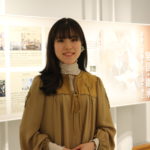
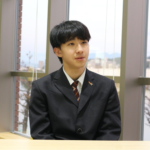
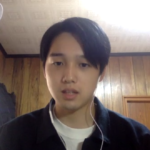
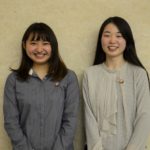
![[Interview] Promoting Active Peace and SDGs Sumitomo Forestry [Interview] Promoting Active Peace and SDGs Sumitomo Forestry](https://hiroshimaforpeace.com/en/wp-content/uploads/sites/2/2021/08/1_飯塚さん-150x150.png)
